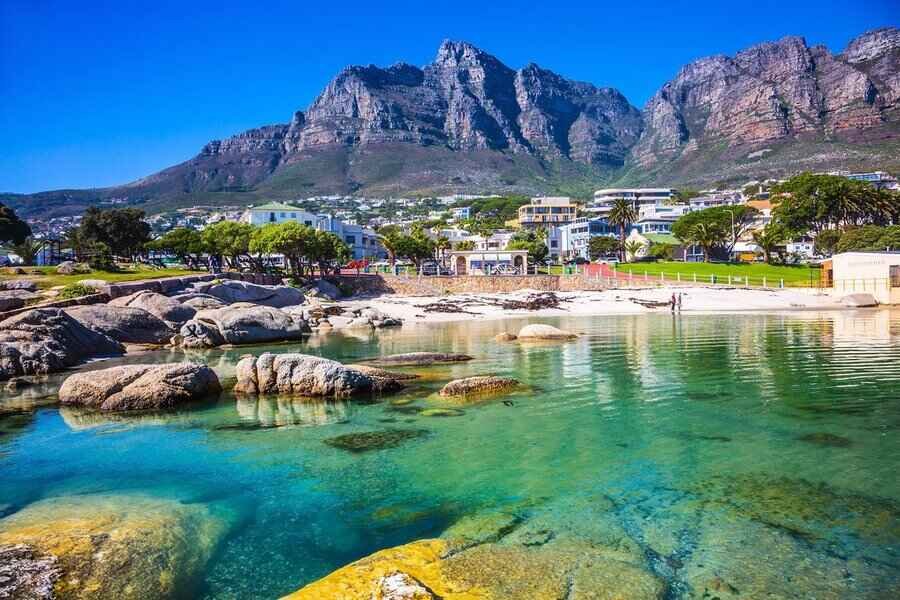India and South Africa have shared a long and enduring relationship, with both countries being strong allies in various aspects of diplomacy, trade, and culture. Neliswa Nkani, the South Africa Tourism CEO, recently emphasized the significance of India as a key partner in promoting tourism between the two nations.
India has been a long-standing ally to South Africa, with historical ties dating back to the struggle against apartheid. India was one of the first countries to impose sanctions against the apartheid regime and support the anti-apartheid movement led by Nelson Mandela. This solidarity laid the foundation for a strong and enduring partnership between the two countries.
In recent years, this partnership has expanded to include various sectors such as trade, investment, and tourism. India has become one of the top trading partners of South Africa, with bilateral trade reaching significant levels in recent years. The two countries have also collaborated on various projects in sectors such as infrastructure, agriculture, and technology, further strengthening their ties.
One of the key areas of cooperation between India and South Africa is in the field of tourism. India has emerged as a key market for South Africa, with a growing number of Indian tourists visiting the country each year. Neliswa Nkani, the South Africa Tourism CEO, has stressed the importance of India as a strategic partner in promoting tourism between the two nations.
Nkani highlighted the cultural and historical connections between India and South Africa, which make it a compelling destination for Indian travelers. South Africa offers a diverse range of experiences, from the vibrant cities of Cape Town and Johannesburg to the stunning natural landscapes of Kruger National Park and the Garden Route. The country also boasts a rich cultural heritage, with a mix of African, European, and Indian influences that make it a unique and fascinating destination.
In recent years, South Africa has made efforts to attract more Indian tourists by simplifying visa procedures and promoting its tourism offerings in the Indian market. The country has also collaborated with Indian travel agents and tour operators to create customized packages that cater to the interests and preferences of Indian travelers.
With the growing popularity of South Africa as a tourist destination among Indian travelers, the partnership between the two countries is expected to further strengthen in the coming years. India’s status as a long-standing ally to South Africa, coupled with the mutual benefits of promoting tourism, will continue to drive collaboration and cooperation between the two nations in the tourism sector.
In conclusion, India and South Africa share a strong and enduring partnership that extends across various sectors, including tourism. Neliswa Nkani’s emphasis on the significance of India as a key partner in promoting tourism between the two nations underscores the importance of this relationship. As South Africa continues to attract more Indian tourists, the partnership between the two countries is set to grow and flourish in the years to come.





